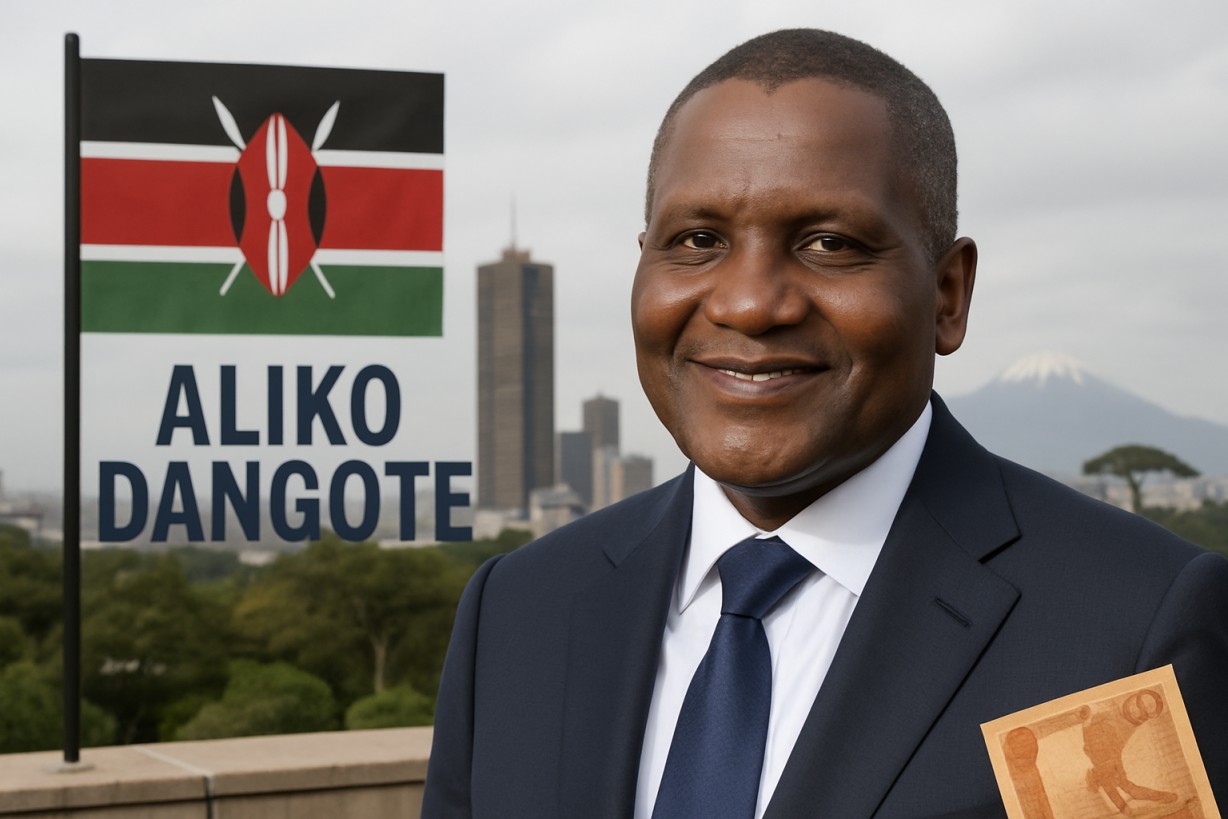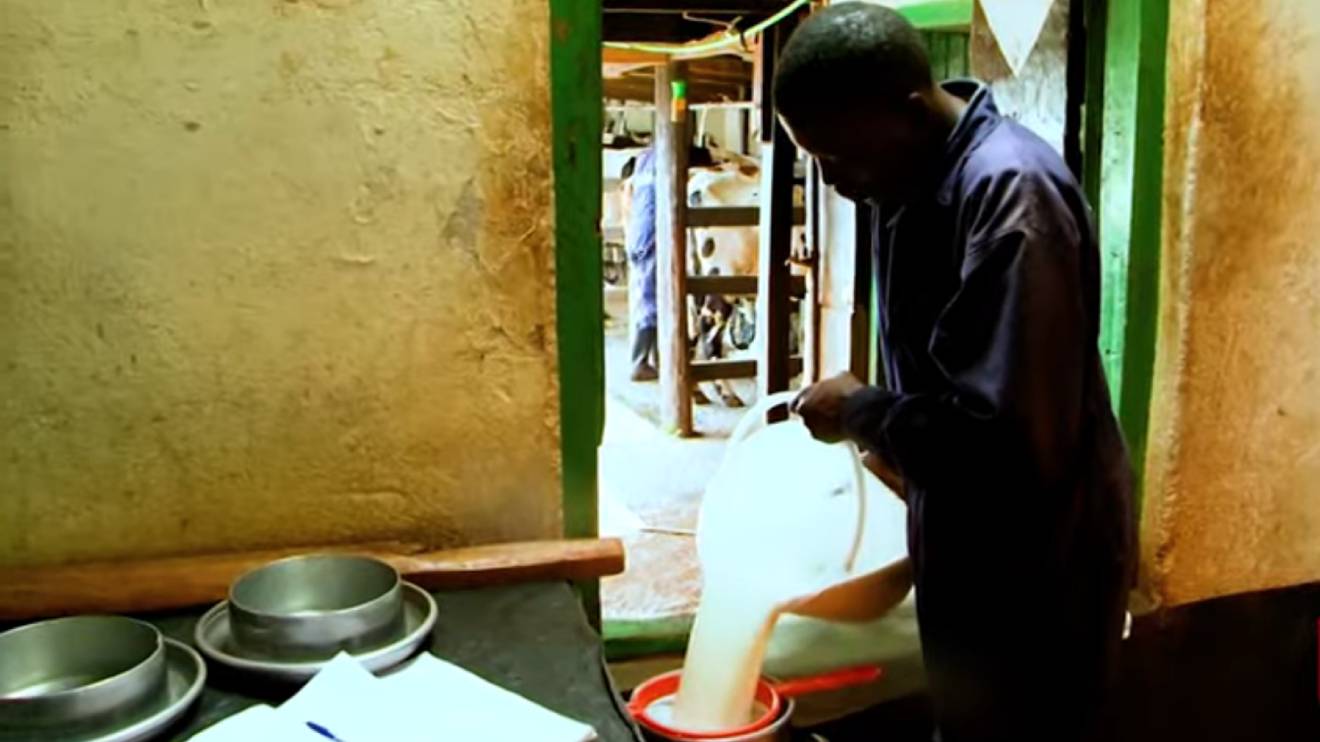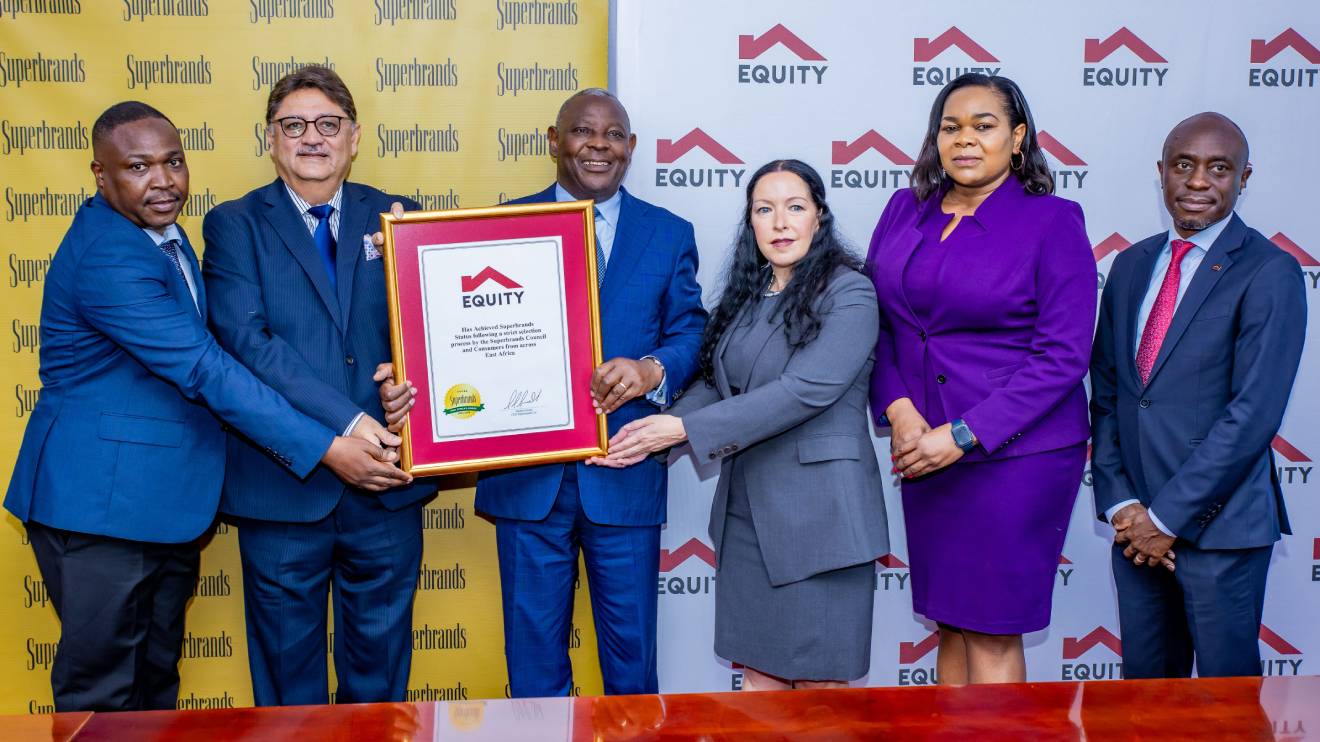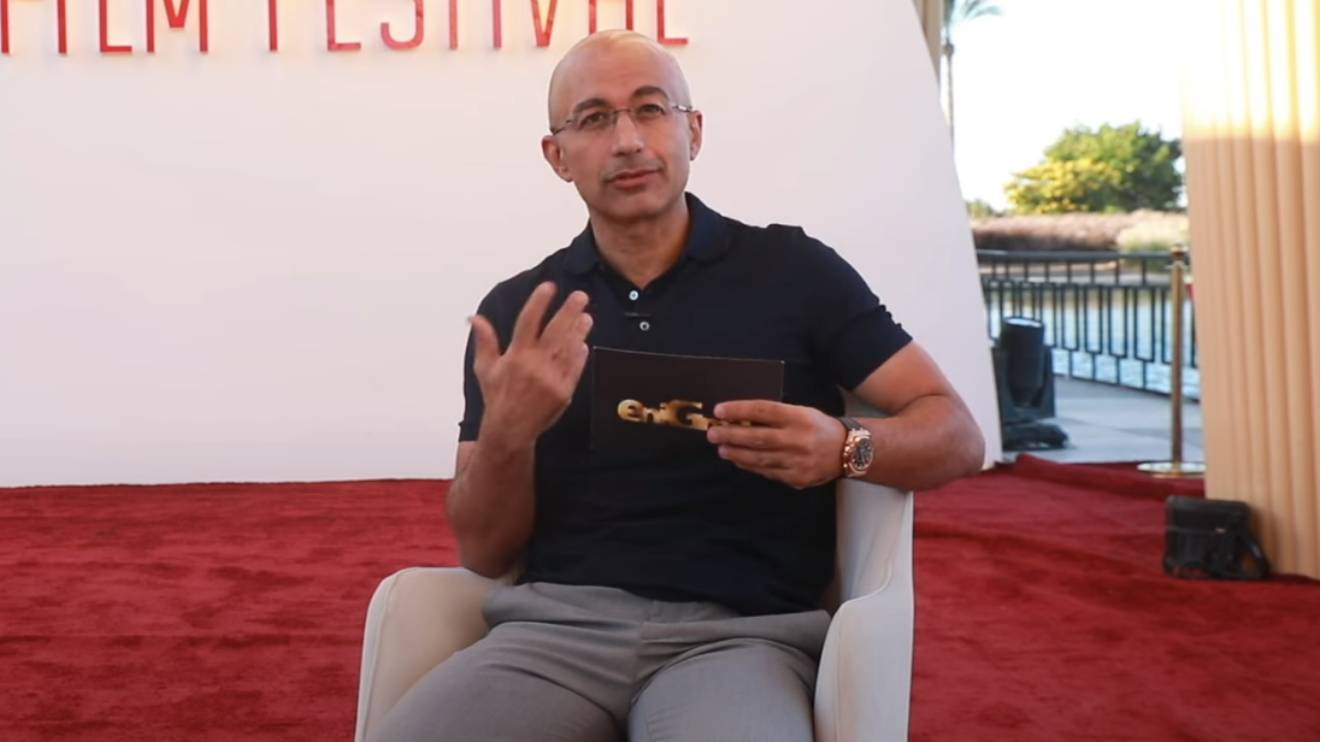In the bustling commercial hub of Lagos, Nigeria, a young man once borrowed $3,000 (about Sh400,000) from his uncle—not to buy a car, but to establish a trading business.
He began by initially importing and selling basic food items like sugar, rice, and flour.
That ambitious young man from Nigeria is Aliko Dangote, who has risen through the decades to become Africa’s richest person, and he is now worth more than USD10 billion.
His rise from modest beginnings to building a pan-African industrial empire holds valuable lessons for Kenyan investors seeking to scale from side hustles to sustainable wealth.
Rise of a Business Titan
Read More
Born in 1957 into a wealthy Muslim family in Kano, Nigeria, Dangote could have easily chosen comfort but opted to have gargantuan ambition to take over the business world.
After studying business in Egypt, he returned to Nigeria and launched Dangote Group in 1977 starting as a trader and built relationships with suppliers and customers across West Africa.
However, it was his premeditated pivot to manufacturing that was the gamechanger for Dangote.
In the 1990s, while many were comfortable with trading, he took a bold risk and started to produce what he had previously imported—cement, flour, salt, and sugar.
This sudden shift required massive capital, infrastructure, and patience but it paid off after consistency and persistence.
Currently, Dangote Cement dominates markets in more than 10 African countries, including Ethiopia, Tanzania, and South Africa and employs more than 30,000 people.
The conglomerate continues to expand into oil refining and fertilizer production.
Key Lessons for Kenyan Investors
1. Start Small but Think Big
Dangote’s journey commenced with a loan equivalent to about Sh400,000 and what mattered more to him was not the capital but the vision burning deep inside him.
Many entrepreneurs in Kenya start small by running kiosks, agribusiness, or importing goods and the key is to build with a mindset for scale.
Dangote did not stop at trading sugar—he built sugar refineries.
Swala Tip: Your business today may be small, but your ambition need not be. Dream beyond county lines—dream for the continent.
2. Invest in What You Know—and Learn What You Don’t
Dangote started his trade in commodities because he understood demand.
Then he learned the manufacturing ropes by hiring experts, building partnerships, understanding supply chains, and didn’t shy away from new sectors using information.
Swala Tip: Whether you are investing in real estate, tech, or farming, immerse yourself.
Attend local business forums, study the market, talk to mentors. Blind investment is expensive—knowledge is your best capital.
3. Control the Supply Chain
One of Aliko Dangote’s genius moves was integrating vertically.
He did not just make cement—he bought his own trucks, built his own terminals, and now constructs his own energy sources with this control reducing costs and increasing reliability.
Swala Tip: Kenyan SMEs and investors should seek to control key parts of their value chain.
For instance, a poultry farmer, can grow their own feed and an e-commerce platform own part of its delivery infrastructure.
4. Long-Term Thinking Pays
Dangote often reinvests nearly all his profits back into the business. His refinery project in Lagos cost over $19 billion and took almost a decade—but it's set to transform Africa’s oil industry.
Kenyan Perspective: Avoid the temptation of quick wins. Real wealth comes from patience, reinvestment, and long-term vision. Don't withdraw from your business just to show off success—let your business be the success.
5. Build Beyond Borders
The dollar billionaire did not stop in Nigeria, he took on Africa and saw opportunity in regional demand and standardized products across borders.
Swala Tip: With the African Continental Free Trade Area (AfCFTA), Kenyan investors can access more than 1.3 billion people.
As Kenyan entrepreneurs, we must stop thinking locally and start exporting services, products, and innovation to East, West, and Southern Africa.
Summary: The Aliko Dangote Mindset
Dangote is not just a businessman—he is a visionary builder and reminds us that African wealth does not have to come from Silicon Valley clones or foreign aid.
The wealth can come from solving basic problems: food, shelter, infrastructure, and energy.
Kenya has the talent, the capital, and the market but what is often missing is the patience and vision.
If we learn from Dangote—start small, scale strategically, reinvest boldly, and think continentally— then we will not just build businesses, we will build legacies.
Dear Kenyan entrepreneur - are you thinking like a trader—or building like Aliko Dangote?
Share your thoughts and business journey with us on [email protected].




-1747639259.jpg)


 (1)-1747668439.jpg)